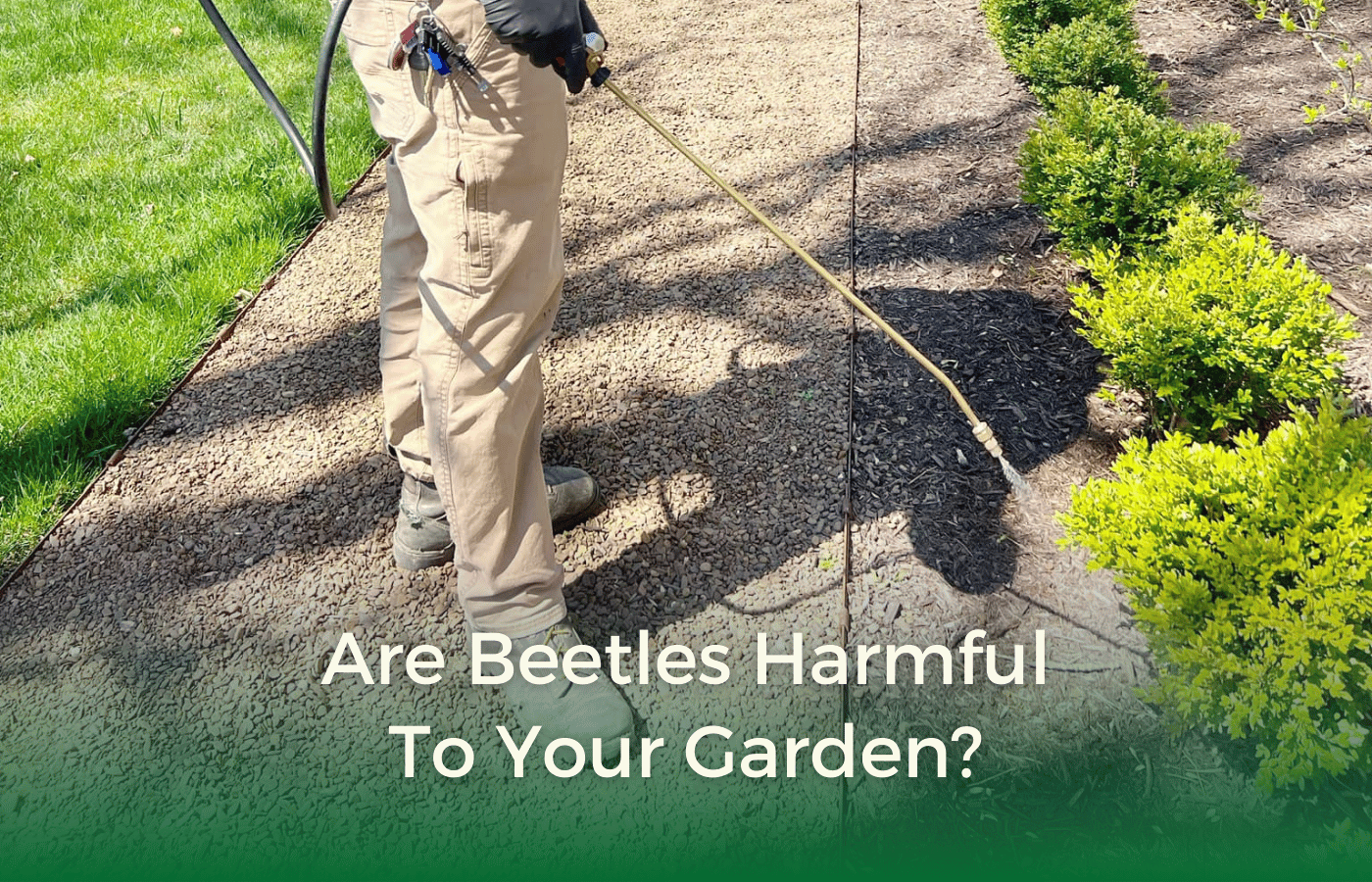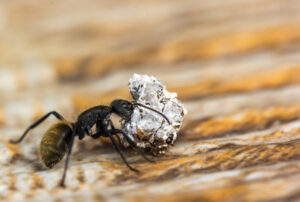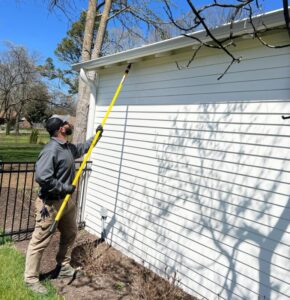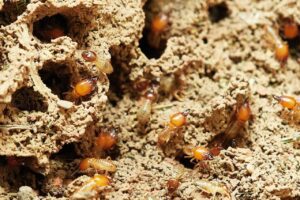Though most beetles are avid visitors of most gardens, there usually is some gloom among the gardeners about the impact brought along by these insects. All beetles aren’t bad for a plant; some can actually be beneficial. Whether or not they’re friends and foes depends on their kind and behavior. In order to maintain a healthy garden, one has to know how to spot and manage these insects. So, in this post, we are going to see the different varieties of beetles, the impact that they may cause to your garden, and ways of controlling them well.

What Are Beetles?
Beetles are classified under the Coleoptera order. They have a hard exoskeleton and wings; one of the largest groups of insects is beetles with over 350,000 species enumerated worldwide. The insects appear in many forms and sizes with different characteristics.
Types of Beetles
In gardens, some of the most common beetles you might encounter include:
- Japanese Beetles: Known for their metallic green bodies, these beetles are notorious for damaging flowers, shrubs, and trees.
- Ladybugs: Often seen as beneficial, these beetles help control aphid populations.
- Flea Beetles: Small in size, they can cause significant damage to leaves, particularly in vegetable gardens.
How Beetles Affect Your Garden
In your garden, beetles can have both beneficial and detrimental consequences. Knowing which ones to welcome and which ones to be wary of is crucial.
Harmful Beetles
Some beetles are quite destructive. For example, some types of Japanese beetles eat holes in the leaves of plants and weaken them. Then, you have the flea beetles which jump from plant to plant and leave tiny little holes in the leaf, and that may be fatal for the growth of the plant. That can deteriorate a healthy garden if left uncontrolled.
Helpful Beetles
Not all beetles are bad for your garden. Ladybugs are a gardener’s friend, feeding on aphids and other pests that can harm plants. Ground beetles are another helpful type, as they feed on slugs, snails, and other garden pests. These beetles help maintain a natural balance in the garden ecosystem.
Managing Beetles in Your Garden
There are several methods to manage beetles in your garden, ranging from natural approaches to chemical treatments.
Natural Methods
Natural methods are often the first choice for managing beetles. Hand-picking beetles off plants can be effective for small gardens. Encouraging natural predators, like birds, can also help control beetle populations. Planting companion plants such as garlic and chives can deter certain beetles due to their strong scent. Neem oil is a natural pesticide that can be sprayed on plants to repel harmful beetles.
Chemical Solutions
If natural methods are not enough, chemical solutions might be necessary. Insecticides can be effective but should be used sparingly and as a last resort. When choosing chemical treatments, opt for those specifically targeting the harmful beetles in your garden. Always follow the instructions carefully to avoid harming beneficial insects and plants.
Beetle Balance: Nurturing Your Garden’s Ecosystem
Beetles can either harm or help your garden, depending on their type and their role in the garden ecosystem. Identifying the beetles present in your garden is the first step in managing them properly. While harmful beetles like Japanese and flea beetles can damage plants, helpful ones like ladybugs can aid in pest control. By using a mix of natural methods and chemical treatments when necessary, you can maintain a healthy and thriving garden. Understanding the role of beetles will help you take the right actions to protect and nurture your plants.
Ready to tackle beetle problems in your garden? Contact Allen Pest Management today! Our expert beetle control services ensure your garden thrives, protecting it from harmful pests while preserving beneficial insects. Let’s safeguard your green oasis together!







